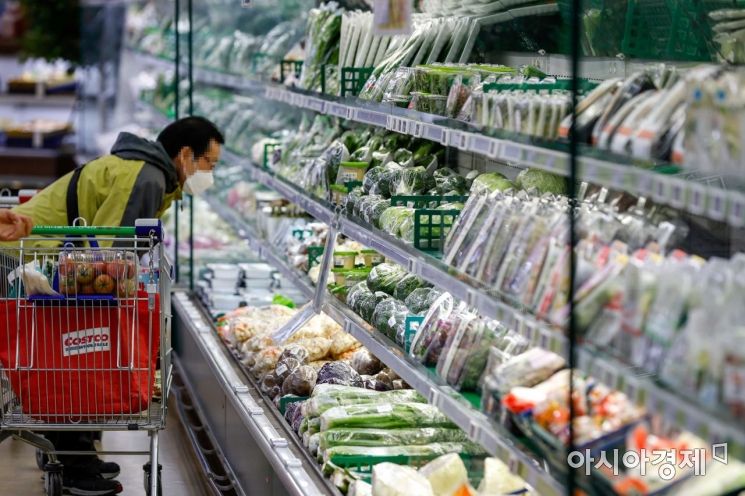Japan’s consumer price index rose 3.7% in November, the highest in 40 years
Core inflation in major countries is not easily overcome… FT “Rate hike will be triggered”
[아시아경제 권해영 기자] Japan’s consumer price index rose 3.7% last month from a year ago, the biggest increase in 40 years. This is due to the depreciation of the yen and the increase in energy prices. There are growing concerns that interest rates in major countries will continue to rise into next year as soaring prices around the world have yet to abate.
According to major foreign media such as Nihon Keizai on the 25th, Japan’s consumer price index in November increased by 3.7% year on year. This is an index that includes petroleum products, excluding highly volatile fresh foods, and is the largest increase since December 1981 (4.0%) when inflation hit the world due to the second oil shock in 1979.
Food prices excluding fresh foods rose 6.8% and electricity bills increased 20.1%.
The Japanese government forecast that the annual rate of increase in consumer prices (April 2022 to March 2023) would register 3.0%. It is expected to be the highest level in 32 years since 1990 (3.3%).
Singapore also announced on the same day that core prices excluding personal transport and accommodation rose 5.1% year-on-year in November. It maintained a 5.1% increase for two consecutive months after October. “Singapore’s core inflation rate last month was at the same level as before,” Bloomberg said. Core inflation is calculated excluding price fluctuations caused by seasonal factors or temporary shocks in agricultural, oil, food and energy products. It is used as an indicator to understand the basic price trend.
As core inflation rates in major countries have been high, there are concerns that inflation has not yet peaked. This could lead to an interest rate hike by the central bank, which could further aggravate the global economy, which fears a recession next year.
Customers who visited Nonghyup Hanaro Club’s Yangjae branch in Seocho-gu, Seoul, are shopping on the 11th, when the economy is slowing down due to high prices./Reporter Kang Jin-hyung aymsdream@
According to the Financial Times’ (FT) analysis of its own statistics, core inflation rose by 55.5% in the 33 major countries last month compared to the previous month. It is a level that far exceeds the national share of consumer price inflation (35.7%) and far exceeds the central bank’s average inflation target of 2.0%. In Korea, consumer prices rose 5.0% in November, slowing the pace of the increase, but core inflation rose 4.8% for two consecutive months, hitting its highest level since February 2009 ( 5.2%) during the global financial crisis. “Core inflation continues to rise in many countries,” the media predicted, “there is a risk that global inflationary pressures will trigger interest rate hikes in every country.”
Indeed, in the case of Japan, which recorded its largest consumer price increase in 40 years that day, it revised its monetary easing policy for the first time in 10 years. The Bank of Japan (BOJ), Japan’s central bank, announced on the 20th that it would widen the range of fluctuations in long-term interest rates, which had been held at 0-0.25%, to 0.5% . The sharp depreciation of the yen and the increase in inflation actually hinted at a rate hike. The market expects the BOJ to eliminate the negative interest rate next spring and hike rates as a next step.
“This challenges the BOJ’s view that recent inflation is transitory,” the Nikkei said.
Journalist Kwon Hae-young [email protected]

